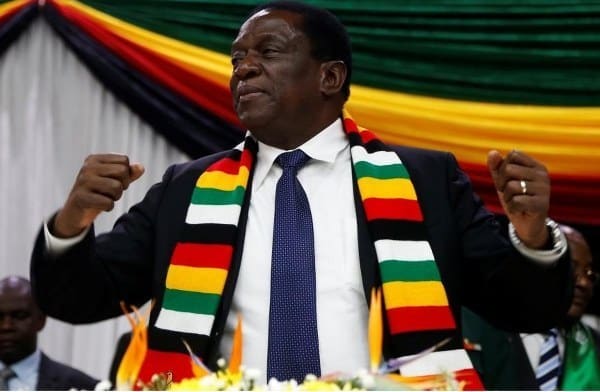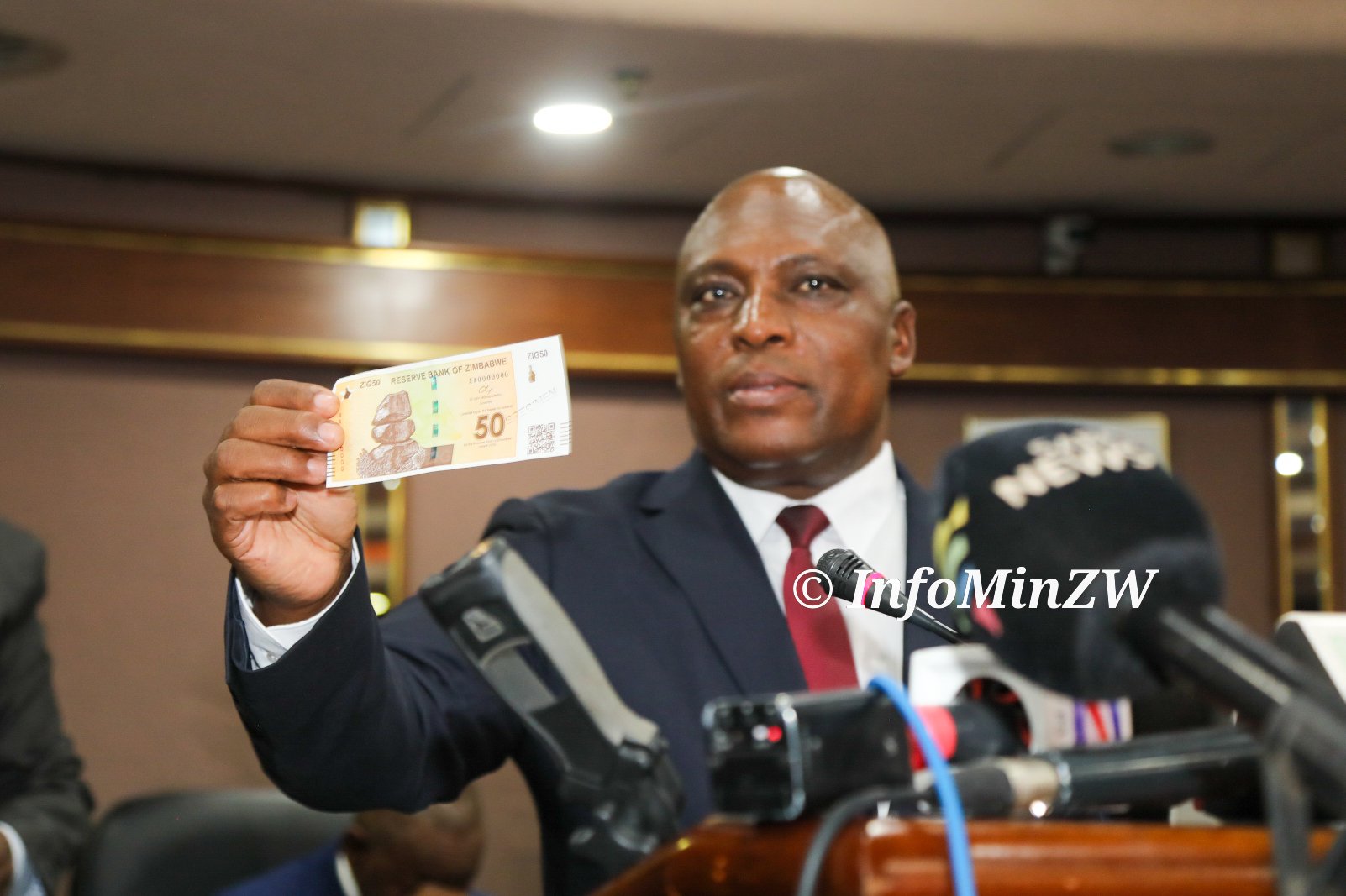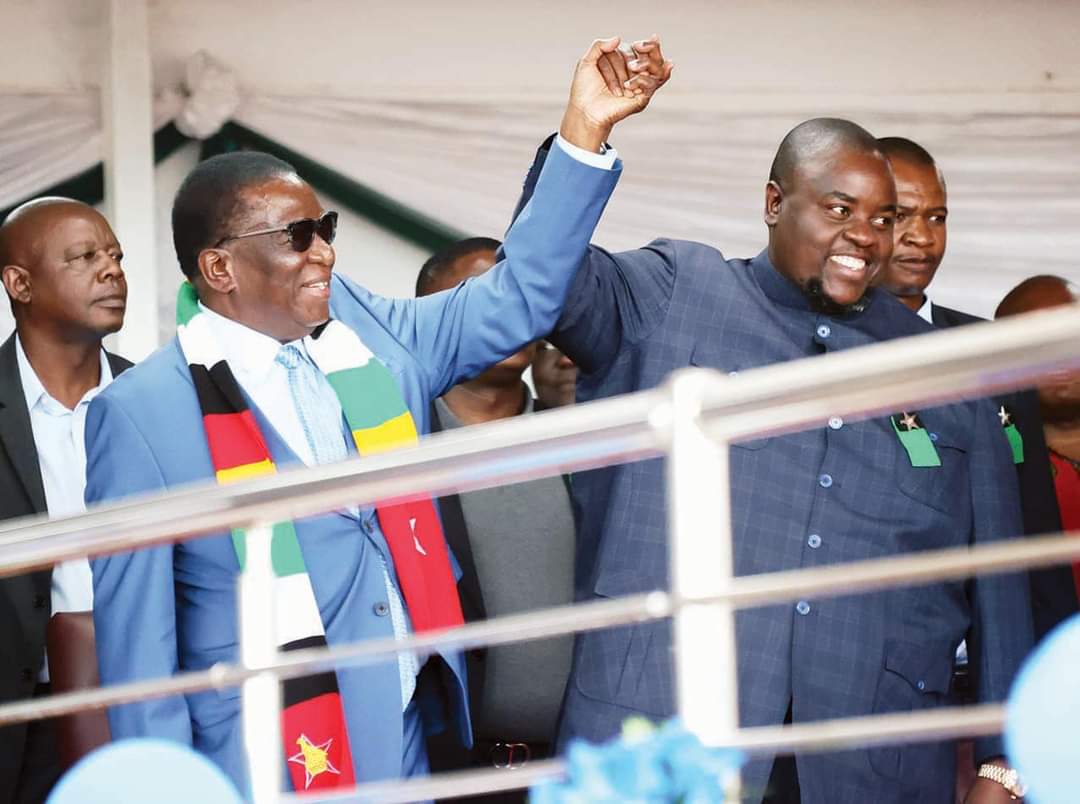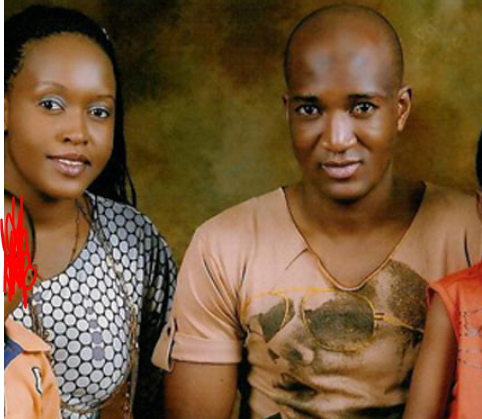President Emmerson Dambudzo Mnangagwa says his administration is running the country’s economy better than the Government of National Unity (GNU).
He said this writing in his weekly column for state-owned newspaper, The Sunday Mail.
He said his administration has managed the budget on a cash basis thereby avoiding un-planned over-spending, adding that it has done it much better than the GNU.
Apparently, when now Citizens Coalition for Change vice president Tendai Biti was the Minister of Finance in the GNU, he was said to have had been one the best Finance Ministers the country has ever had.
He was well-known for the “eat what you kill” tagline, as he cut unnecessary public expenditure and ran the Government budget on a strict cash basis.
However, he was accused of withholding funds in order to sabotage ZANU PF programmes.
ZANU PF which has been in power since Zimbabwe’s independence in 1980, has been accused of using state resources to run its programmes.
Meanwhile, President Mnangagwa believes the current Government has created a stable environment for businesses to grow despite the local currency losing its purchasing power at an alarming rate, with about half of the country’s population living in extreme poverty.
Mnangagwa wrote: “Government has pursued a prudent fiscal and monetary policy to guarantee macroeconomic stability.
“Since the advent of the Second Republic, the Government budget has run on a cash basis, thus avoiding un-budgeted overruns.
“This has never been so before, including under the much-praised Government of National Unity, GNU.
“Because of this fiscal discipline, often pursued even at the expense of social delivery, space has since been created for businesses to grow in a stable environment where disequilibria are minimised. Indeed, this has been the case until now.”
The GNU refers to Zimbabwe’s coalition government that was formed on 13 February 2009 following the inaugurations of Morgan Tsvangirai as Prime Minister and Thokozani Khuphe and Arthur Mutambara as Deputy Prime Ministers.
Zimbabwe’s Global Political Agreement (GPA) helped to end conflict in the country, further establishing a power sharing deal with institutional mechanisms and conditions that enabled transition to a more peaceful context.
Years down the line, Zimbabwe is still at a crossroads, facing almost the same political and economic hardships that it did in 2008, when the GPA was signed.
The current political stand-off between ZANU–PF and Citizens Coalition for Change is a manifestation of the deep-seated political problems in the country, and proof that the GNU did not enable lasting solutions to Zimbabwe’s politico-economic crisis.
Though the GNU was characterised by a stable economy as investor confidence was boosted.
The Sunday Mail/ Zwnews














